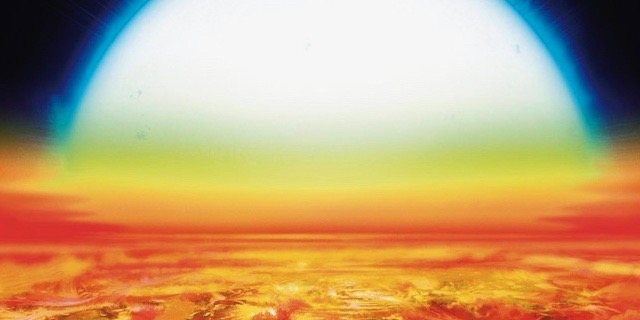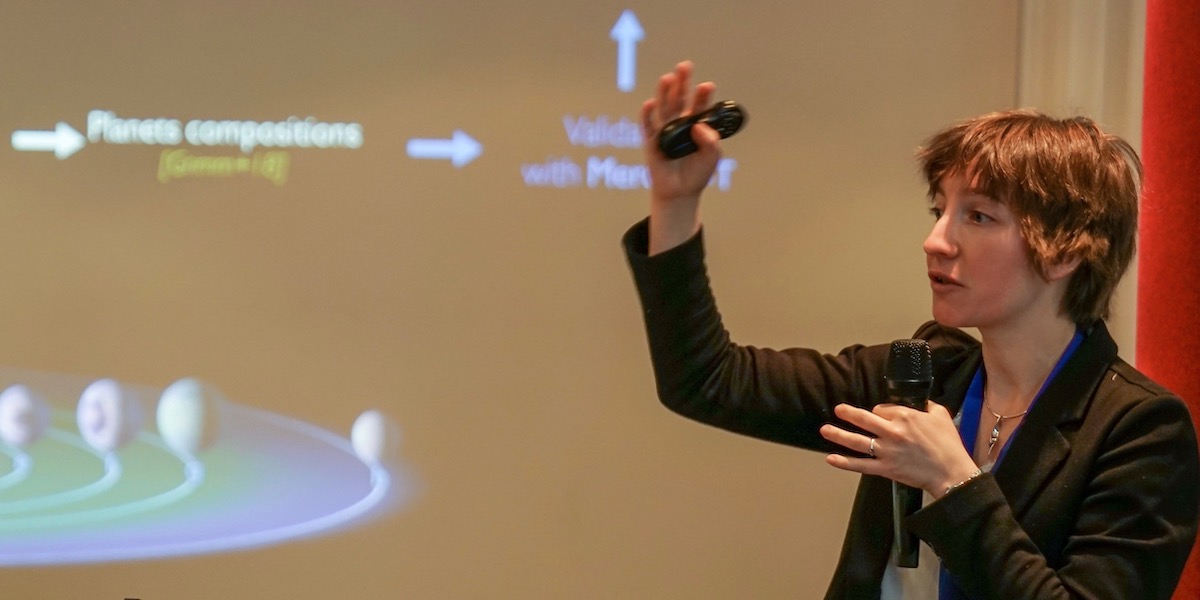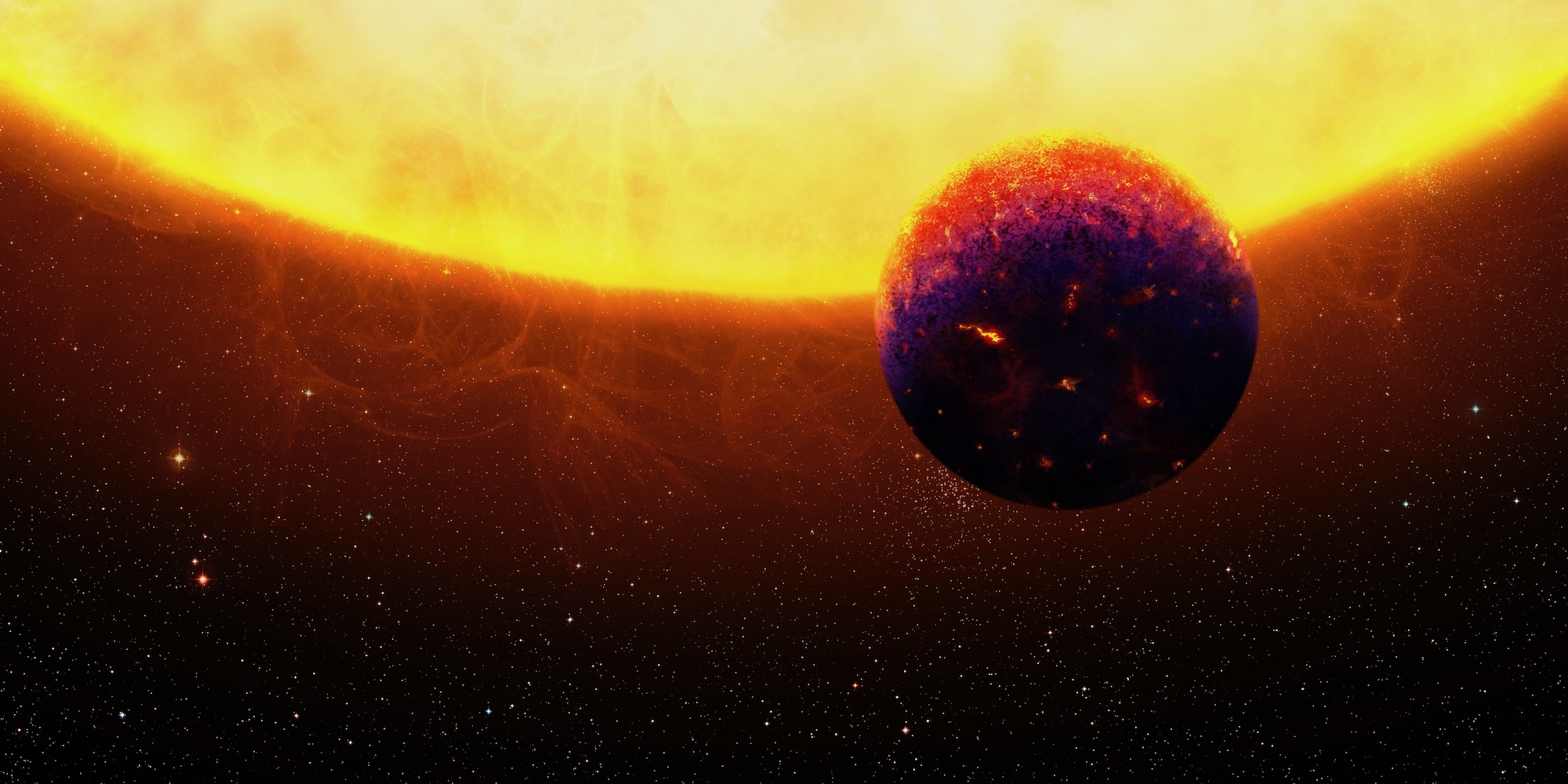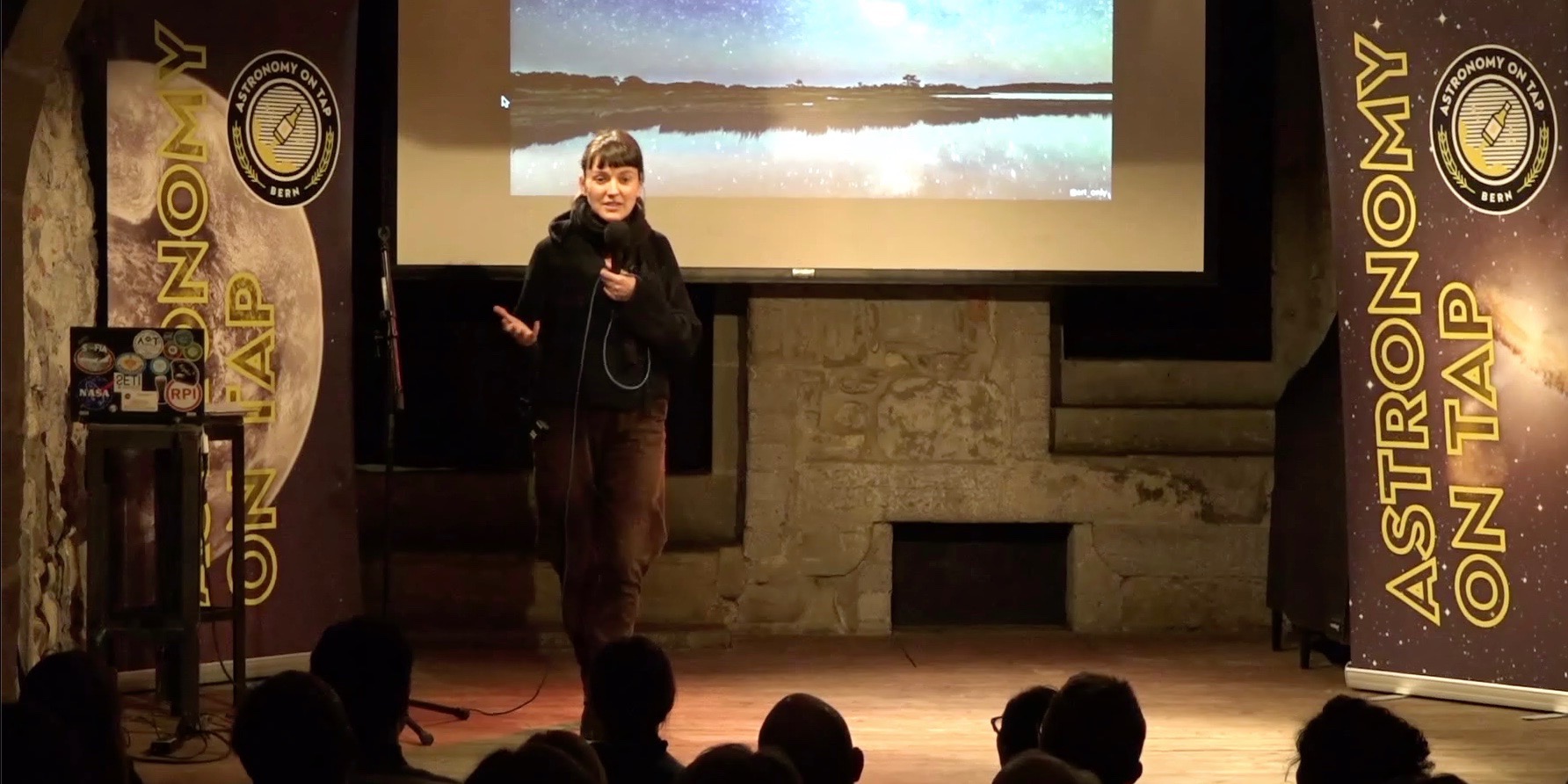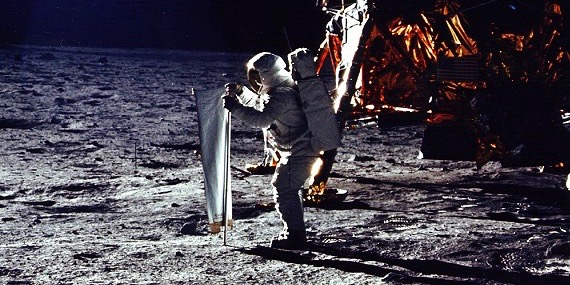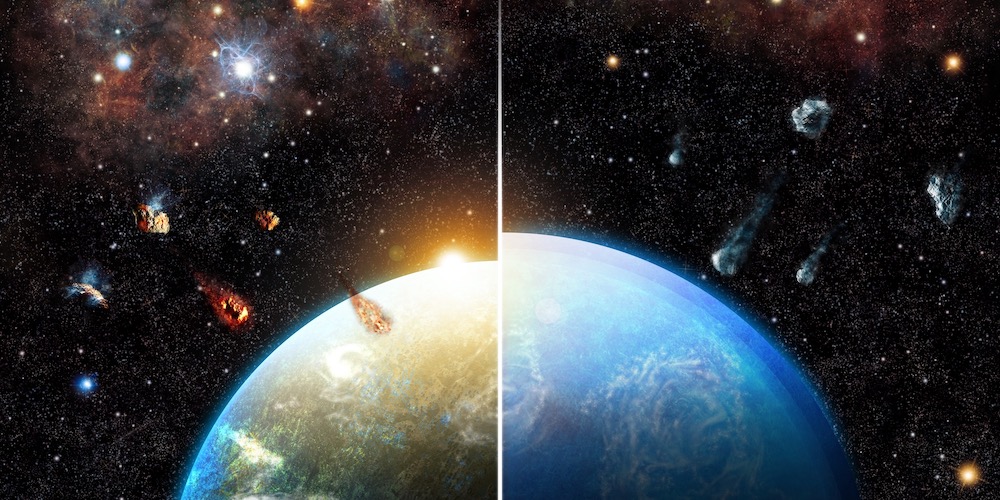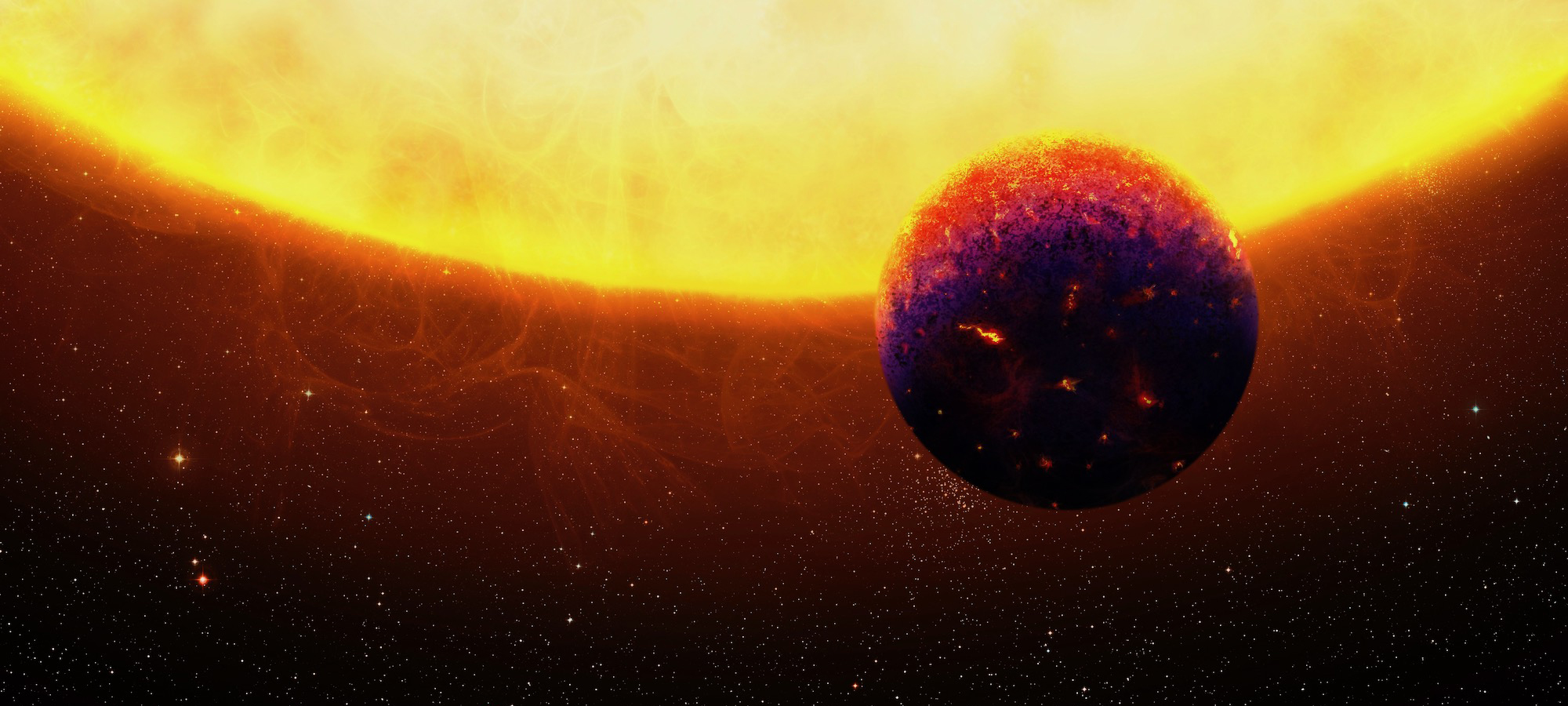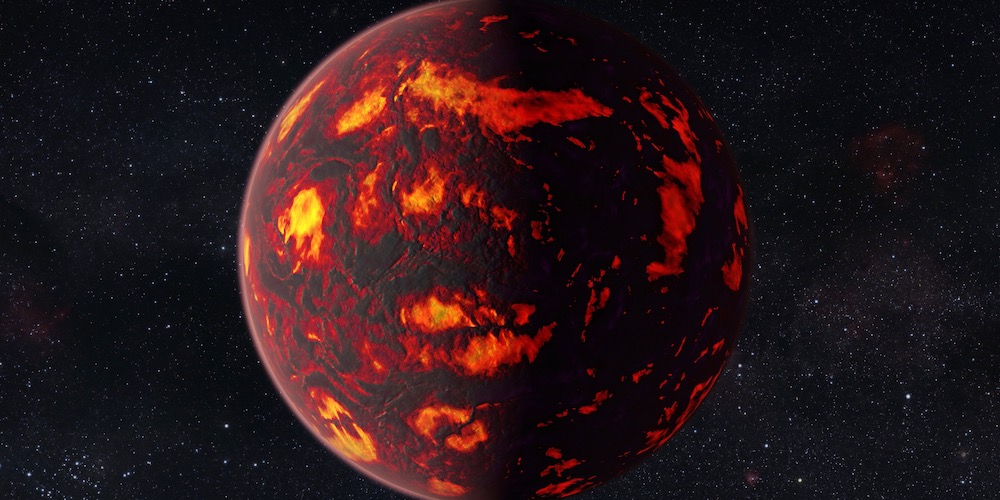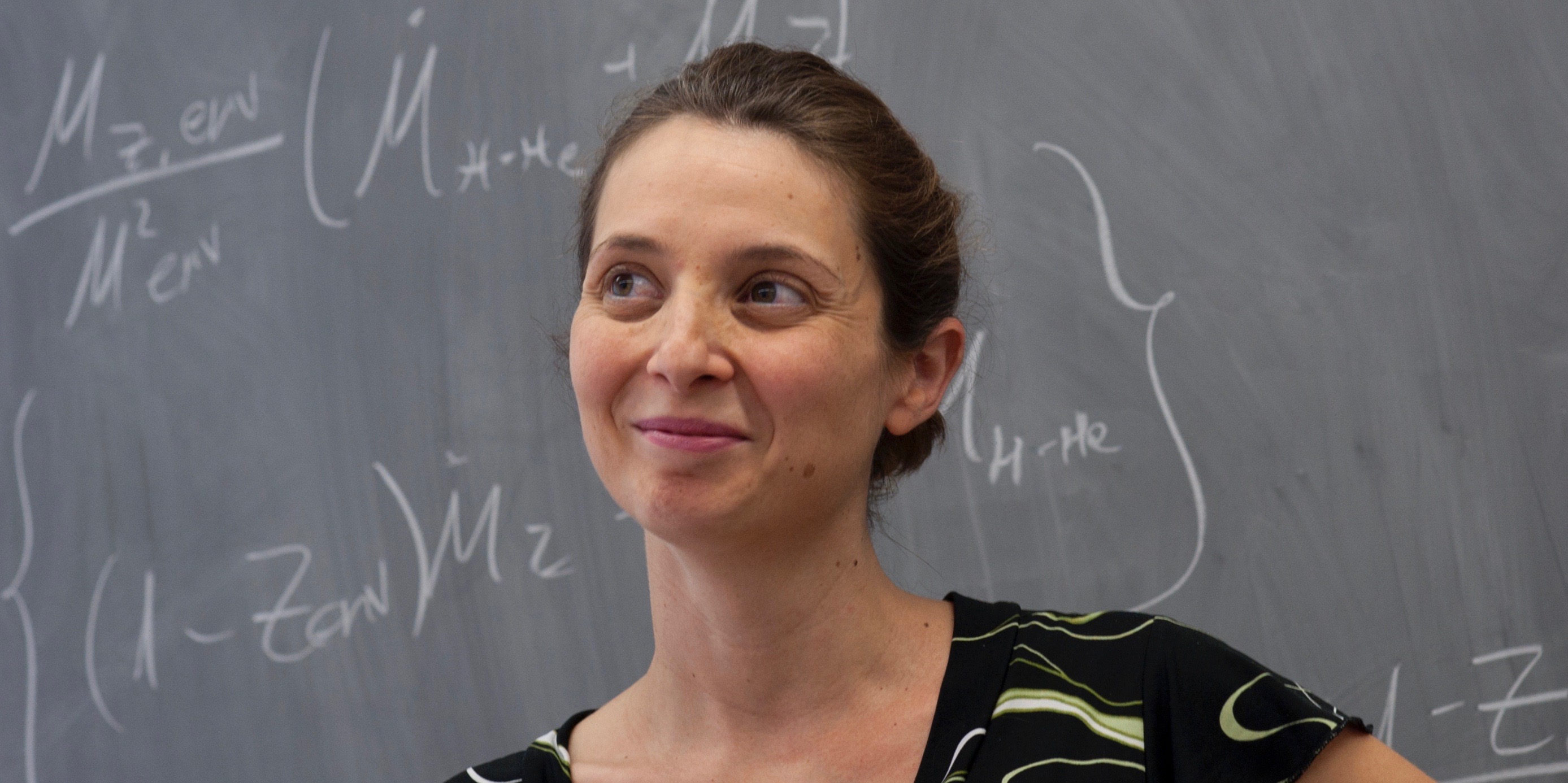Author Archive
Examining the atmospheres and climate of exoplanets
After being able to measure the masses and the diameters of exoplanets, using the information to deduce what materials they have formed from, astronomers now seek to detect the chemical composition of their atmospheres if they possess one. For several years, atmosphere detection announcements have been in the news before being questioned and recently proven. […]
Continue ReadingA new teacher at PlanetS
Emeline Bolmont has just been appointed Assistant Professor in the Department of Astronomy at the University of Geneva, a position funded by PlanetS. Originally from Toul near Nancy in north-eastern France, the new professor was introduced to astronomy at a very early age by her parents who occasionally went to observe the sky on a […]
Continue ReadingNeural networks predict planet mass
To find out how planets form, astrophysicists run complicated and time consuming computer calculations. Members of the NCCR PlanetS in Bern have now developed a totally novel approach to speed up this process dramatically. They use deep learning based on artificial neural networks, a method that is well known in image recognition. Planets grow in […]
Continue ReadingCurrent highlights of PlanetS research
Astronomers have discovered a large number of rocky planets outside our solar system. Among them there are many exotic objects which we do not know in our solar system: Super-Earths, some of them even rich in gems, or water worlds with a global ice layer on the ocean floor. But what does it take to […]
Continue ReadingAstronomy Outreach Like A Rocket
For the fifth time already, the public and free science slam “Astronomy on Tap” took place at “ONO Kulturlokal” in Bern. On the occasion of the “United Nations International Day of Women and Girls in Science” and the “IAU100 Women & Girls in Astronomy Day” on 11 February 2019, four female space scientists spoke about […]
Continue ReadingInsights from the moon to the exoplanets
In the anniversary year of the moon landing of Apollo 11 there are exciting things to discover. The University of Berne will be celebrating a science festival together with the public from 27 to 30 June 2019. The Swiss National Library in Berne is showing a transport container for the Apollo solar wind experiment. And […]
Continue ReadingBetter to dry a rocky planet before use
Earth’s solid surface and clement climate may be in part due to a massive star in the birth environment of the Sun. Without its radioactive elements injected into the early solar system, our home planet could be a hostile ocean world covered in global ice sheets. This is the result of computer simulations of planet […]
Continue ReadingSapphires and Rubies in the Sky
Researchers at the Universities of Zurich and Cambridge have discovered a new, exotic class of planets outside our solar system. These so-called super-Earths were formed at high temperatures close to their host star and contain high quantities of calcium, aluminium and their oxides – including sapphire and ruby. 21 light years away from us in […]
Continue ReadingSpotting Protoplanet Collision Afterglows
Planets start out with a bang. During the last stage of planet formation, planetary embryos collide with other protoplanets, causing their surfaces and mantles to extensively melt. Will it be possible to directly image such molten protoplanets with future telescopes? This is the question that was addressed by a team of young PlanetS researchers. Irene […]
Continue ReadingI actually don’t know the answer…
By Ravit Helled Doing research is challenging. Whether we are working on theory or observations, everyday we have to think about new ways to attack our open questions and of new methods and ideas. We need to make sure that we are aware of all the important details, and at the same time keep in […]
Continue Reading
